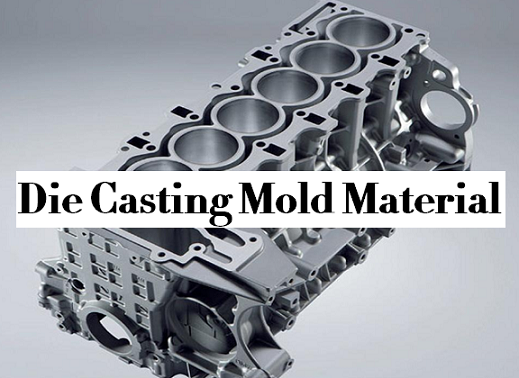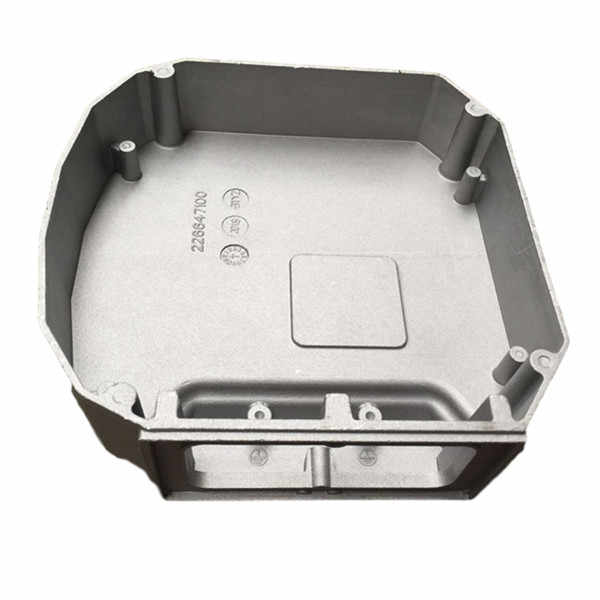The Single Strategy To Use For Alcast Company
The Single Strategy To Use For Alcast Company
Blog Article
The Single Strategy To Use For Alcast Company
Table of ContentsThe 20-Second Trick For Alcast CompanyAlcast Company - TruthsThe Best Strategy To Use For Alcast CompanyAlcast Company for BeginnersNot known Factual Statements About Alcast Company More About Alcast Company
The subtle difference hinges on the chemical content. Chemical Contrast of Cast Aluminum Alloys Silicon promotes castability by minimizing the alloy's melting temperature level and enhancing fluidness throughout spreading. It plays a vital function in allowing detailed mold and mildews to be filled up precisely. Additionally, silicon contributes to the alloy's stamina and wear resistance, making it valuable in applications where longevity is critical, such as vehicle components and engine components.It additionally boosts the machinability of the alloy, making it less complicated to process into finished items. In this method, iron contributes to the total workability of aluminum alloys.
Manganese adds to the strength of aluminum alloys and boosts workability (aluminum foundry). It is frequently utilized in functioned aluminum items like sheets, extrusions, and accounts. The visibility of manganese help in the alloy's formability and resistance to cracking throughout fabrication procedures. Magnesium is a light-weight aspect that provides strength and impact resistance to aluminum alloys.
Excitement About Alcast Company
It allows the production of lightweight components with exceptional mechanical residential properties. Zinc enhances the castability of aluminum alloys and helps regulate the solidification procedure throughout casting. It enhances the alloy's stamina and solidity. It is frequently found in applications where complex forms and great details are required, such as ornamental spreadings and certain automotive components.

The key thermal conductivity, tensile stamina, return stamina, and elongation vary. Select suitable basic materials according to the performance of the target item created. Amongst the above alloys, A356 has the highest thermal conductivity, and A380 and ADC12 have the lowest. The tensile limit is the opposite. A360 has the best return strength and the highest possible prolongation price.
The 8-Minute Rule for Alcast Company

In accuracy spreading, 6063 is appropriate for applications where elaborate geometries and top notch surface finishes are vital. Examples consist of telecommunication units, where the alloy's superior formability permits sleek and aesthetically pleasing designs while maintaining structural stability. Likewise, in the Illumination Solutions market, precision-cast 6063 components produce elegant and efficient lights components that call for complex forms and great thermal efficiency.
The A360 shows premium elongation, making it perfect for complicated and thin-walled components. In accuracy casting applications, A360 is appropriate for sectors such as Customer Electronics, Telecommunication, and Power Tools.
Alcast Company - Truths
Its one-of-a-kind homes make A360 a valuable selection for accuracy spreading in these markets, enhancing item durability and quality. Foundry. Light weight aluminum alloy 380, or A380, is a widely utilized casting alloy with a number of distinct characteristics.
In accuracy casting, aluminum 413 beams in the Consumer Electronics and Power Tools markets. It's frequently utilized to craft detailed components like mobile phone housings, camera bodies, and power tool casings. Its accuracy is impressive, with tight resistances as much as 0.01 mm, making certain flawless product setting up. This alloy's superior rust resistance makes it an excellent choice for exterior applications, making sure durable, long lasting products in the mentioned markets.
Unknown Facts About Alcast Company
The light weight aluminum alloy you pick will significantly influence both the spreading process and the buildings of the last product. Because of this, you need to make your decision very carefully and take an enlightened strategy.
Figuring out the most suitable light weight aluminum alloy for your application will certainly suggest evaluating a wide array of characteristics. The initial classification addresses alloy features that influence the production procedure.
Not known Details About Alcast Company
The alloy you select for die casting directly impacts numerous facets of the spreading process, like exactly how simple the alloy is to function with and if it is prone to casting issues. Hot fracturing, also called solidification fracturing, is a typical die casting problem for aluminum alloys that can lead to inner or surface-level rips or splits.
Certain aluminum alloys are more prone to hot fracturing than others, and your option must consider this. An additional typical flaw found in the die spreading of light weight aluminum is pass away soldering, which is when the cast sticks to the die walls and makes ejection difficult. It can harm both the cast and the die, so you must look visit this website for alloys with high anti-soldering homes.
Deterioration resistance, which is already a notable feature of aluminum, can vary substantially from alloy to alloy and is an essential characteristic to consider depending upon the ecological problems your item will be revealed to (Casting Foundry). Put on resistance is another residential property typically looked for in light weight aluminum items and can separate some alloys
Report this page